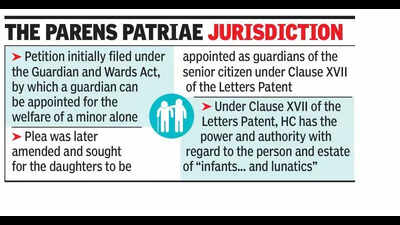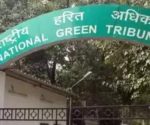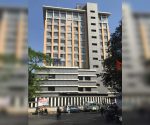‘Can’t be mute spectators’: HC appoints daughters as guardians of father bedridden after brain injury | Mumbai News – Times of India

Mumbai: Observing that courts cannot be mute spectators to situations where a parent is bedridden and semi-conscious for a long time, unable to look after his affairs, Bombay High Court appointed two daughters of a 73-year-old man with a brain injury as his guardians.The man, 72 when the petition was filed in July 2024, suffered from Hypoxic Ischemic Encephalopathy, a brain injury resulting from deprivation of oxygen and blood supply during a cardiac arrest. As a consequence, he was in a semi-conscious and incapacitated state, bedridden, and suffering from long-term neurological disability, Justice Abhay Ahuja of the HC observed. He was incapable of communication, could not take care of his basic personal needs, and was undergoing treatment, his daughters submitted in their guardianship plea. HC’s May 8 judgment was made available on May 20, and it said the father, medically, was “incapable of taking care of himself or managing his property”.“The higher courts of our country exercise the ‘parens patriae’ jurisdiction as they cannot be mute spectators to a real-life situation of the nature before this court,” observed Justice Ahuja. The parens patriae jurisdiction is one where the HC can step in to take care of the interests of “infants and lunatics” who cannot look after themselves.A Letters Patent is a special law for the high court, and the Code of Civil Procedure, 1908, is the general law. When there is any conflict between the two laws, the special law would always prevail, said Justice Ahuja.HC noted that though the National Trust for Welfare of Persons with Autism, Cerebral Palsy, Mental Retardation, and Multiple Disabilities Act, 1999, under Section 14, empowers the local level committee to appoint a parent or a relative as a legal guardian of a person with a disability, the said legislation has not curtailed the powers of this court to appoint a legal guardian for a mentally ill person exercising its special powers under Clause XVII of Letters Patent.HC held the father’s condition was of a “mentally incapacitated person” who is incapable of taking care of himself or managing his property, over whom and his estate, this court can exercise its special power and authority to fill up the vacuum “in the absence of any statutory or legislative bar”. Observing the powers the higher judiciary has in doing justice, Justice Ahuja said, “The higher courts of our country exercise the parens patriae jurisdiction as they cannot be mute spectators to real-life situations of the nature before this court.”
















